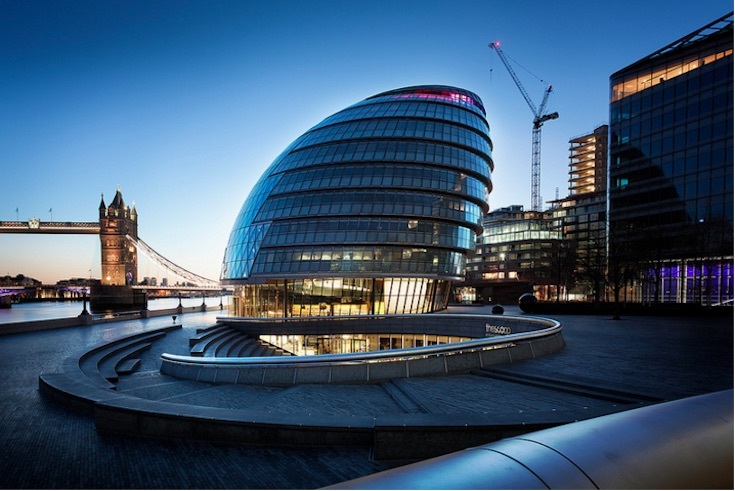Centre for Cities chief executive Alexandra Jones looks at the big questions facing new mayor Sadiq Khan, and how he could overcome them.

Sadiq Khan takes office as the new Mayor of London armed with the biggest personal mandate of any politician in British history. However, now the victory celebrations are over, the hard work of running Europe’s biggest city begins, and Khan’s to-do list makes for eye-watering reading — with a growing housing crisis, spiralling living costs and deep uncertainty in the global economy all threatening to undermine the quality of life enjoyed by Londoners.
To ensure the capital continues to be a great place to live and work in, Khan needs to hit the ground running. That means learning the lessons — good and bad — of his predecessors’ time in office. Luckily for Khan, the Centre for Cities has today published a new report highlighting the key do’s and don’ts for the new mayor, based on tips from some of the most senior political advisors to Ken Livingston and Boris Johnson.
Clear vision
For a start, Khan must set out a clear vision of what he wants to achieve in his time in office, and how he’s going to do it. Whatever your view of Ken and Boris, both articulated a consistent vision of London as a global city, embracing its diversity and business potential.
Khan must now set out his personal vision for the city, explaining to Londoners what his mission for the capital is, and what policies he will introduce to realise this — which will most likely focus, at least in large part, on how he plans to tackle the city’s housing shortages.
Does he have the power?
Of course, it’s one thing having a vision, but will Khan have the powers he needs to deliver it? The mayoral role comes with a range of formal powers over issues like housing, infrastructure and planning, and Khan will also have the scope to make appointments to organisations like Transport for London. However, to have the greatest possible impact, he needs to use his huge electoral mandate to exert wider influence and take decisive action on behalf of the capital.
It was by taking advantage of his personal mandate that Ken Livingstone, for example, introduced the congestion charge in 2003, while Boris Johnson went beyond his remit as mayor to oppose plans to expand Heathrow. Sadiq Khan will need to take the same approach if he is going to deliver on his agenda for London.

Top jobs
Another crucial factor will be appointing the right staff, and it’s encouraging that Khan says he will not rush into any decisions on this front. In particular, Khan must ensure that he has complete faith in whoever he appoints as chief of staff, who will play a critical role at City Hall in filtering out what the mayor needs to see and what decisions he needs to take.
Other important roles include special advisors for the four biggest policy areas: housing, transport, planning and crime – all of whom should be Khan’s personal choice. However, the new mayor should resist the temptation to appoint deputy mayors for everything, which would be a waste of resources and capacity, and won’t help him deliver on his promises for Londoners.
Befriending the government
Finally, Khan is going to have become friendly — if not friends — with the government, which ultimately decides how much money he has to spend and will have a decisive say on any major projects he wants to deliver.
For the majority of the time that the mayor’s office has existed, the same party running London has also been in national government, but Khan will now have to work closely with the Conservatives to get things done.
Given the acrimonious nature of the mayoral election race, this won’t be easy. And not only will he have to build relationships with national government, Khan will also have to work with council leaders across London’s boroughs, who share responsibility for areas such as housing, planning and transport, and who will put his policies in place at a local level.
Four years will go quickly, but Khan has the chance to have a huge impact on the lives of Londoners, and on wider British politics. Taking his cue from the experiences of his predecessors will be vital in helping the new mayor to make the capital a better place, both now and for future generations of Londoners.



